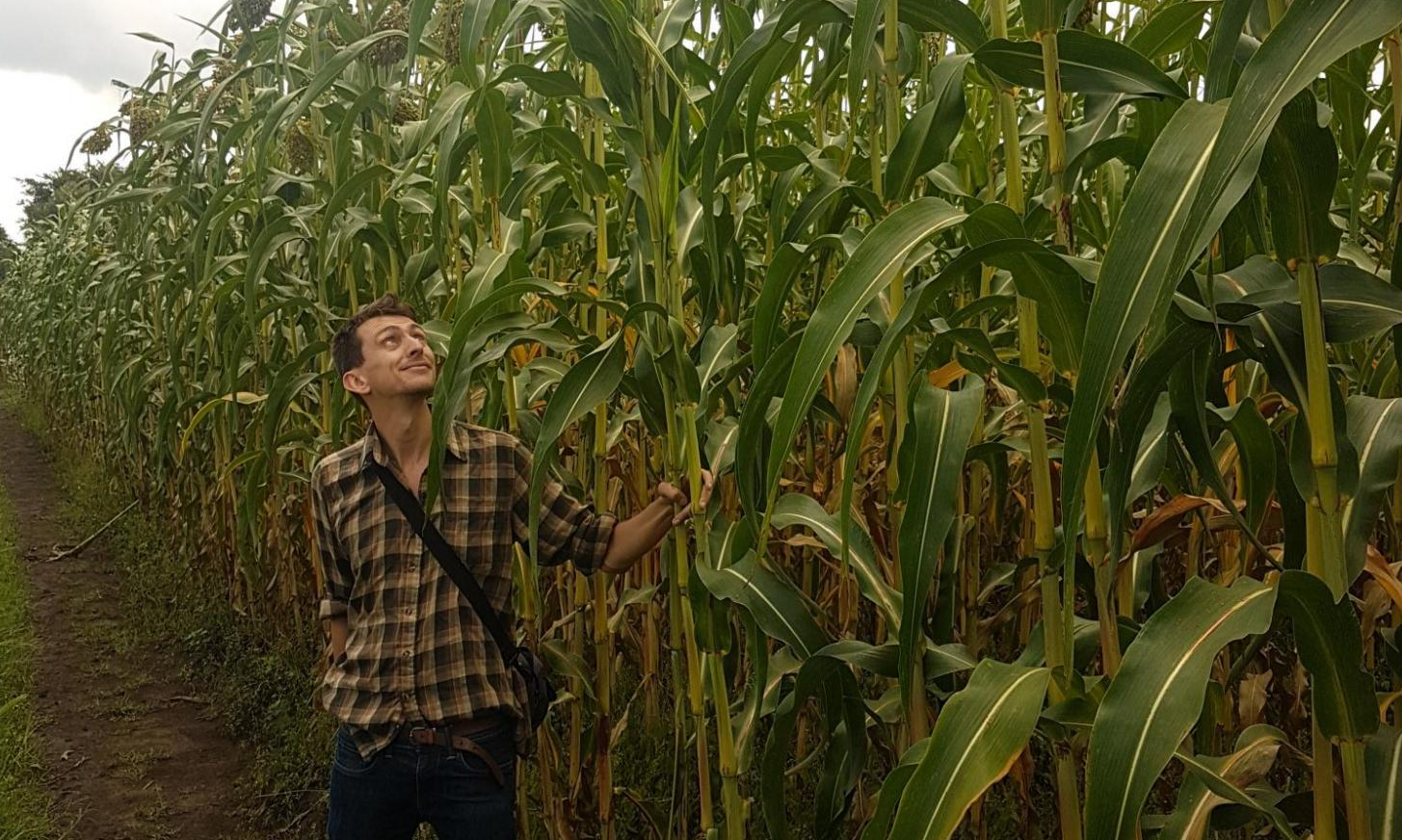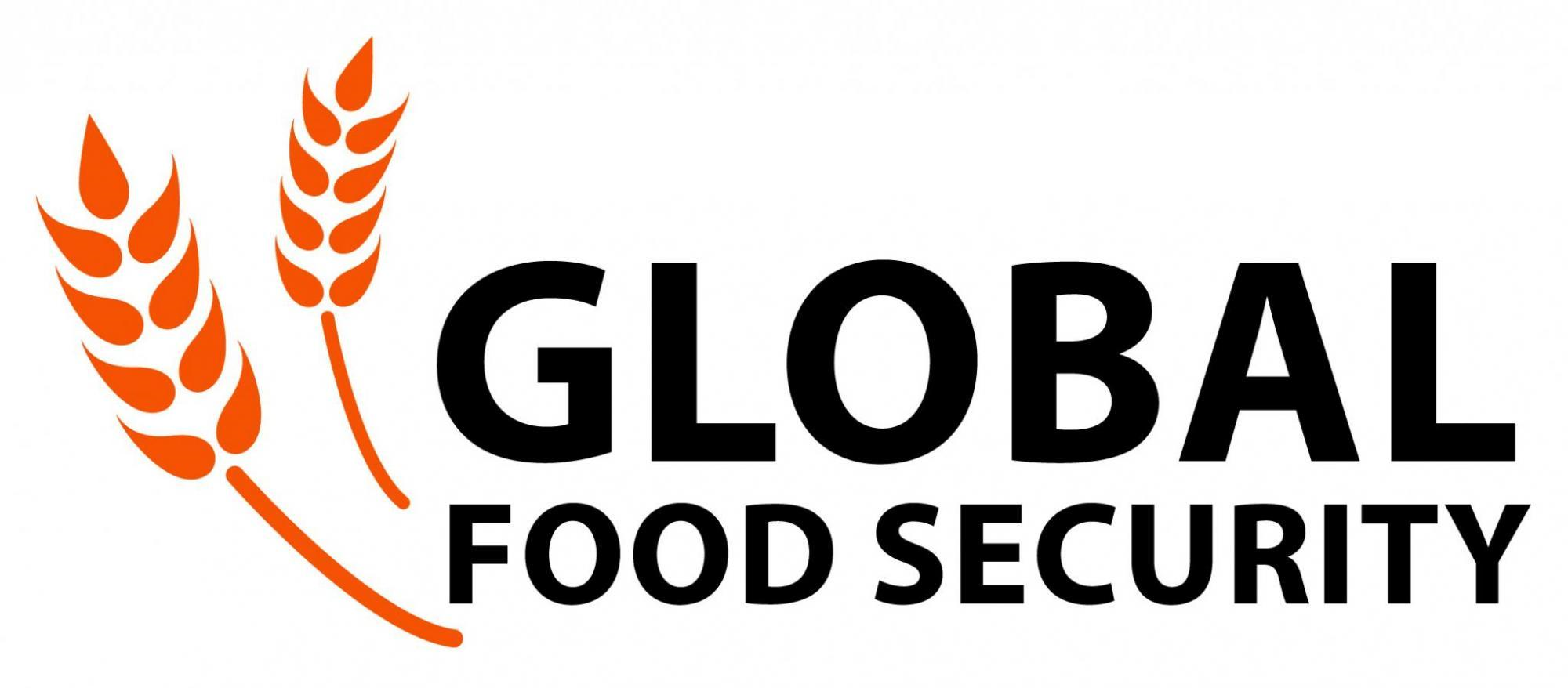
The Cambridge Global Food Security IRC's 2019 Early Career Researcher Travel Fund is now closed.
We received a large number of high quality applications this year, and were pleased to support twelve early career researchers through the fund in 2019.
The successful applicants were:
| Chioma Achi | Department of Veterinary Medicine |
| Sethlina Aryee | Department of Pathology |
| Harriet Bartlett | Department of Veterinary Medicine |
| Dorien Braam | Department of Veterinary Medicine |
| Nelzo Ereful | NIAB |
| Nick Fradgley | Department of Plant Sciences & NIAB |
| Joseph Martinez-Salinas | Department of Geography |
| Payam Mehrshahi | Department of Plant Sciences |
| Tarra Penney | MRC Epidemiology Unit |
| Shashi Singh | Department of Geography |
| Emily Stoakes | Department of Veterinary Medicine |
| Cemre Ustunkaya | McDonald Institute for Archaeological Research |
Travel Showcase and Networking Event 2019
Travel Fund recipients submitted six captioned photographs and their travel reports following the completion of their travels. To find out more about what they had achieved, we held a presentation and networking event on Friday 13th December 2019. Dorien Braam and Nick Fradgley won best presentation and best photography prizes respectively.
Funds were provided by the Isaac Newton Trust and the Cambridge Global Food Security IRC.
Dorien and Nick were interviewed on their travel experiences. Please find Dorien's interview here, and Nick's interview here. We purposefully shaped these interviews to give other researchers intending to take field trips an idea of how Nick and Dorien planned their trips, conducted their research, and incorporated the knowledge they gained into their doctoral projects.
Here's what our some of our 2019 funding recipients said about their travel experiences:
“I have made a lot of new contacts especially in the field of plant science. Furthermore, some of the talks directly impacted my research conclusions as a results of getting new perspectives from plant science.”
“Campylobacter is one of the leading causes of food poisoning. My work involves studying Campylobacter, particularly understanding how it survives within the food chain. This conference allowed me to be up to date with what other lab groups are investigating and gave me ideas of what to potentially try. It has informed my future experiments on stress conditions that Campylobacter goes through throughout the food chain.”
“I received important feedback to complete my PhD fieldwork and made contacts with academics doing research in Colombia, in the University of Zurich and the University of Copenhagen. Also, with academics at Colgate University in the US.”
“The trip was an extremely valuable experience for me to visit and build contacts with researchers from various institutes in Ethiopia… Visiting these institutes has given me an interesting perspective into the essential role of crop research in the livelihoods of farmers and consumers in a rapidly developing country.”
“Through this conference I was able to establish great relationships with researchers and students in my field.”
“This conference was an ideal venue to receive scientific views on a novel piece of work that involved how best to evaluate national policies that have the potential to impact the food system.”
“I benefited from a mentorship session where the session organisers paired me with a seasoned scientist who shared her inspiring career journey in international agricultural research in Africa.”
Image: PhD student and Travel Fund recipient Nick Fradgley


